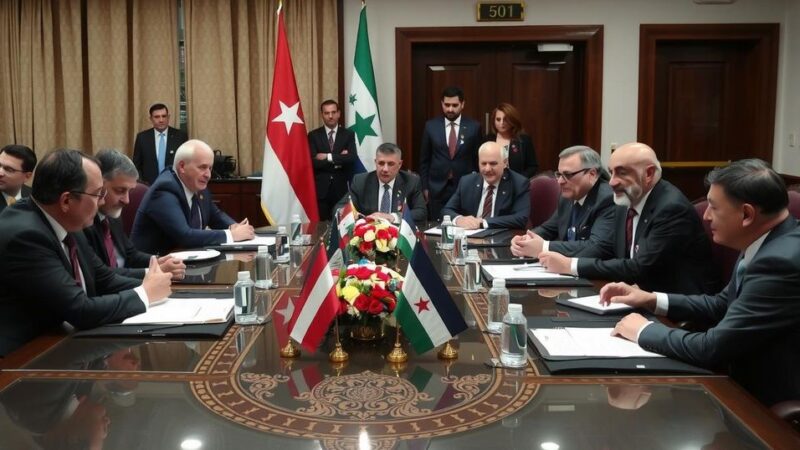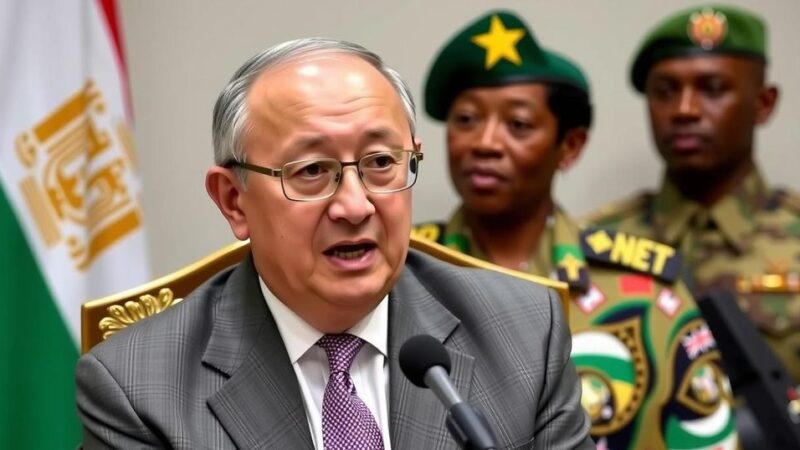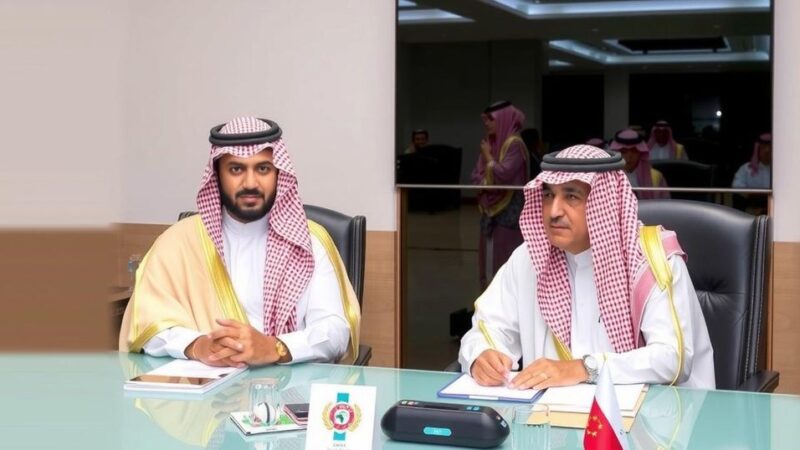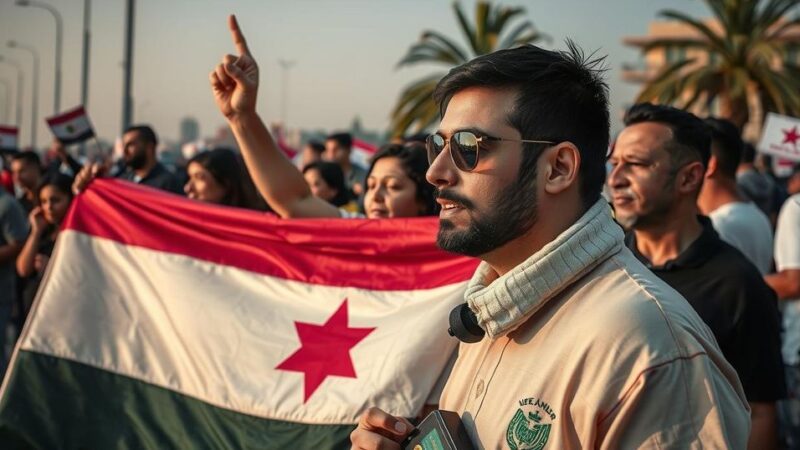Last week, Israel’s intensified strikes in Lebanon resulted in the assassination of seven high-ranking Hezbollah officials, including leader Hassan Nasrallah. This escalation represents a significant shift in the ongoing conflict between Israel and Hezbollah, raising questions about the militia’s future and leadership dynamics amidst its support for Hamas.
In the past week, escalating Israeli operations have resulted in the deaths of seven prominent commanders and officials of Hezbollah, including the group’s long-serving leader, Hassan Nasrallah. This sudden and severe loss has sent shockwaves throughout Lebanon and the broader Middle East, prompting Israeli officials to express satisfaction over significant military gains. The assaults coincided with Hezbollah’s decision to support its ally Hamas following the latter’s unexpected offensive against southern Israel. These developments signal a grave intensification in the ongoing conflict, marking a notable deterioration in the relationship between Israel and Hezbollah since the initiation of hostilities. The casualties include the influential Nabil Kaouk, who had been a deputy head of Hezbollah’s Central Council, and Ibrahim Akil, a commander instrumental in leading operations against Israeli forces. Other fatalities include Ahmad Wehbe, Ali Karaki, Mohammad Surour, and Ibrahim Kobeissi—all key figures within Hezbollah’s hierarchy that have contributed to the organization’s regional endeavors since its formation in the 1980s. Nasrallah’s leadership has spanned several conflicts with Israel. He was seen by his supporters as a figure of resistance against Israeli occupation, though critics have pointed to his unilateral decisions and military buildup as detrimental to Lebanon’s sovereignty. Nabil Kaouk’s military influence positioned him as a potential successor, while Akil was notorious for his role in past attacks against American interests. With the assassinations, Hezbollah faces a critical juncture, struggling to maintain its influence and operational capabilities while contemplating its future leadership and strategies in this complex regional theater. Notably, should Hezbollah’s deputy leader Naim Kassem survive, he stands as a key figure moving forward, having been with the organization since its inception. Hashim Safieddine, a potential successor to Nasrallah, possesses familial ties to the organization’s historical leadership.
The situation involving Hezbollah has escalated following a series of intense Israeli airstrikes that particularly targeted high-ranking Hezbollah officials in Lebanon. Following a surprising military engagement by Hamas, Hezbollah has decided to support its ally in Gaza, leading Israel to respond with increased military action against Hezbollah. The recent airstrikes represent a significant shift in the power dynamics of the region and mark an important development in the ongoing conflict between Israel, Hezbollah, and other militia groups. Nasrallah, who has been at the forefront of Hezbollah’s military and political strategies, has now been killed alongside several other key officials, raising concerns over the group’s future direction and military capabilities. The historical context of Hezbollah’s rise, particularly through its involvement in regional conflicts and its extensive weaponry holdings, adds a layer of complexity to the current situation.
In summary, the deaths of seven high-ranking Hezbollah officials, including leader Hassan Nasrallah, signify a pivotal and devastating moment for the organization. These losses could potentially destabilize Hezbollah’s command structure and impact its operations against Israel and its influence within Lebanon and the broader Middle East. The ramifications of these events may lead to shifting alliances and strategies, as Hezbollah seeks to rebuild and regroup in the aftermath of this intense confrontation with Israeli forces. The focus now turns to surviving leaders, particularly Naim Kassem and Hashim Safieddine, who may shape the future of this influential group in a fast-evolving conflict landscape.
Original Source: www.nbcphiladelphia.com







